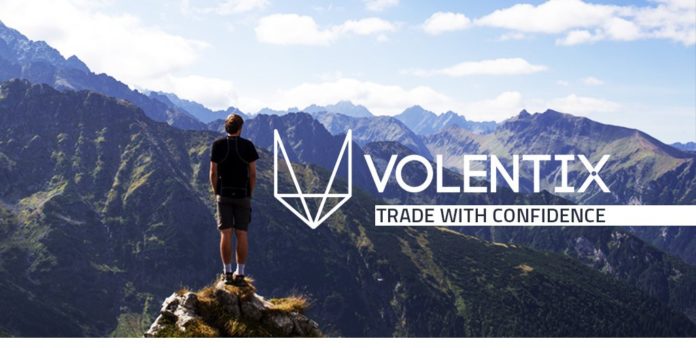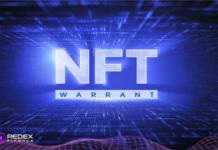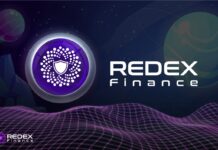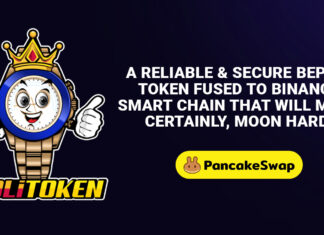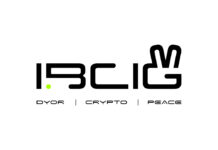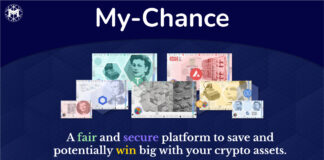So… we will pretend this never happened? Yes, I am talking about the Facebook fiasco in early 2018. Mark and Cambridge Analytica and the major political scandal of personal data leak.
This is when we truly – no doubts anymore – found out that our personal data….well they were not so personal anymore.
Since that, every social media platform and many companies that have customers in the EU were forced to a new GDPR regulation on privacy.
Yet a question remains..
How many of these companies stay true to the regulations?
And is there a way to trick this centralised system?
Well, I am not sure I can provide answers to these questions. But..
What we can say for sure, and I think most of you will agree with me, is that last year was a critical one. It was the year when the idea and the need for decentralization became more apparent than ever before.
And obviously we cannot have decentralization without blockchain technology. {Even with blockchain, you can only achieve certain things on true decentralisation when building on Eos for example, the 3rd generation blockchain technology. This is how advanced these milestones are.}
Is decentralization only used for protecting our data?
In definition, decentralization is a process of dispersing data, power, knowledge, keeping everything away from one centralized authority. Keeping everything away from the single touch point problem.
To understand the value of decentralization though, we have to understand why centralization does not work anymore.
Centralization is still presence because it’s mostly driven by our fears. Change is stressful and resistance to change is a reality both for companies and for individuals.
Let’s get the example of a company.
A company needs to take decisions on existing non performing policies or new product ideas. In today’s centralized system these decisions are to be made by the top management of the company. This automatically excludes the new blood, the new ways of doing things and as a consequence creativity & innovation.
Companies that are indeed winners in the innovation game embrace more and more the concept of decentralisation, making it easier for each employee to speak and suggest things {think of Google or Amazon}.
Yet, this procedure presents an inherent problem of management. When so many ideas are being produced and need screening, the fun is lost.
Blockchain has an answer to that as well. It is called a DAO.
And more or less we all know what a DAO is. But even the biggest companies in blockchain technology at the moment, that promise decentralisation, somehow fail to achieve it.
Why? Well because it costs a lot. It needs a lot of intelligence. A lot of knowledge and strong values.
But is there a world were powerful community driven platforms can be built, providing everyone with new ideas, innovation, safety & security? Yes. For example Volentix.io is doing something similar.
Will decentralization win? We cannot say for sure. But we surely have to try.



